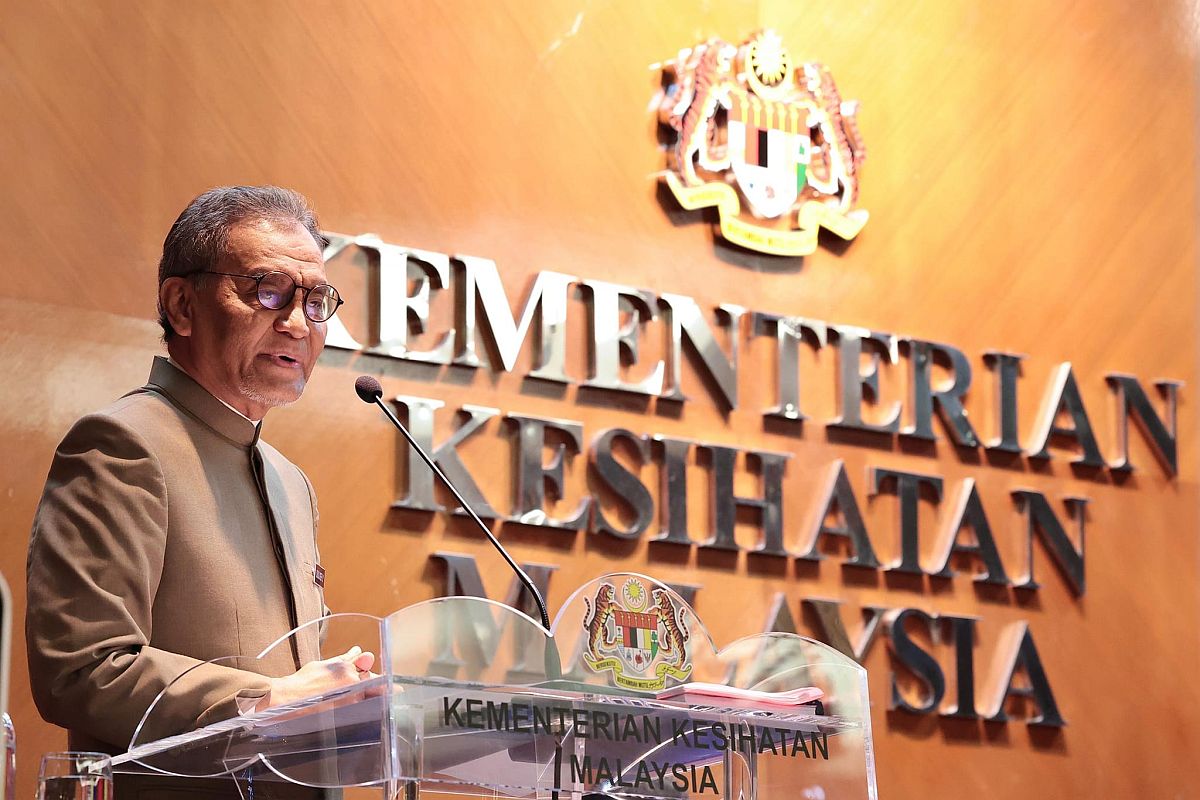In response to the article titled “Amid Halved Housemen Numbers, District Hospitals Omitted From First 2024 Placement Intake” published on January 20, 2024, the Ministry of Health (MOH) would like to express our gratitude to CodeBlue for casting a light on this matter and bringing it to public attention.
We value criticism as a means for fostering transparent communication, allowing us to clarify our intentions and enhance health care delivery.
The MOH is not seeking to adopt a defensive stance regarding this matter. Instead, we acknowledge the author’s effort in highlighting specific facts outlined by the Director-General of Health.
However, we are concerned that the article’s title might inadvertently convey the impression that the MOH is neglecting and compromising district hospitals, resulting in a shortage of manpower due to insufficient house officers (HOs).
Therefore, we wish to reiterate the rationale behind the MOH’s decision, in the hope that both hospital staff and the public can comprehend our perspective and collaborate effectively in line with the MOH’s policies.
To clarify, HOs are medical graduates appointed by the government and entrusted to the MOH for training, enabling them to acquire essential skills and knowledge to become proficient medical practitioners.
The distribution of HOs, as mentioned in the article, is based on casemix – the variety of cases available in a particular setting.
Major hospitals and university teaching hospitals are prioritised due to the diverse cases that HOs can encounter. Guidance provided by specialists and subspecialists can facilitate comprehensive training across multiple disciplines.
While the MOH actively pursues the strategic mobilisation of health care staff and services, particularly through the decentralisation of medical specialists to district hospitals and the relocation of specialty services, many district hospitals also serve as potential training grounds for HOs.
Within this context, the MOH maintains flexibility in HO distribution and is prepared to review policies as necessary.
Although the MOH welcomes additional manpower, we assure the public that we consistently strive to optimise existing resources to earn the community’s trust.
Regarding the reduced number of HOs joining the health system, we anticipate a recovery, given that medical school training is currently not disrupted as it was during the Covid-19 pandemic.
Nevertheless, it is crucial to dispel any misconception that HOs are merely extra hands in health care settings. The responsibility for providing medical care lies with certified doctors, including medical officers (MOs) and specialists, while HOs undergo training and supervision.
The notion that health care settings would collapse without sufficient HOs is unfounded. We also sincerely invite the media to view manpower mobilisation as a dynamic issue within the MOH, and collaborate constructively to enhance the health care system in Malaysia.
- This is the personal opinion of the writer or publication and does not necessarily represent the views of CodeBlue.




